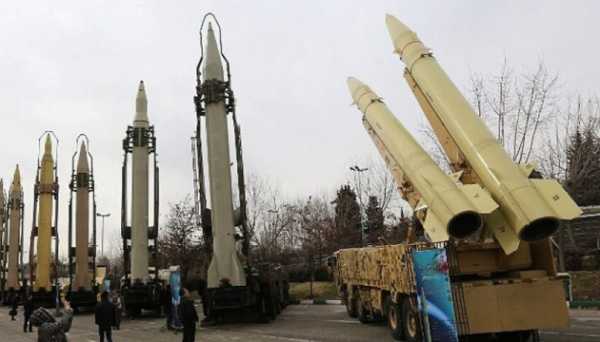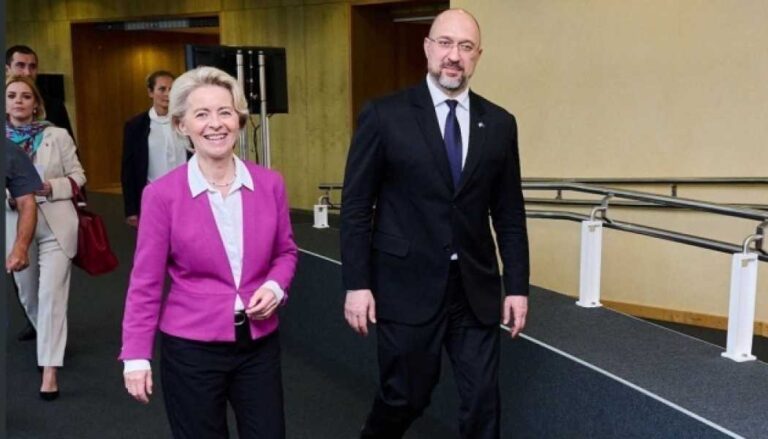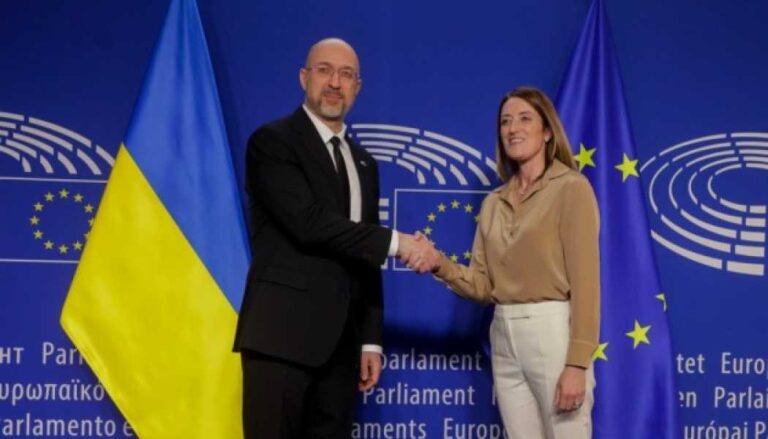Explaining complex things in simple words: Long-range weapons issue, Crimea platform, International terrorism threats

1. LONG-RANGE WEAPONS ISSUE
U.K. Foreign Secretary David Lammy and U.S. Secretary of State Antony Blinken will discuss in Kyiv the issue of permission to use long-range weapons on the territory of the Russian Federation.
In the past few weeks, Ukraine has actively urged its partners to lift all restrictions on the use of long-range weapons at airfields from which Russia attacks Ukrainian cities with missiles and cruise bombs. The news about Iran's transfer of ballistic missiles for use against Ukraine seriously changed the security landscape and affected the mood of partners. U.S. President Joe Biden no longer rules out granting Ukraine permission to strike deep into the Russian Federation, and his administration is working on this issue. Ukraine has already provided the U.S. with a list of priority targets onthe territory of the Russian Federation and undertakes to act professionally and within the framework of international law.
2. CRIMEA PLATFORM
The Fourth Summit of the Crimean Platform will be held on September 11.
The Crimean Platform is an international coordination mechanism for the protection of human rights in Crimea, facilitation of de-occupation of the peninsula, and strengthening of Eurean and global security. This year, 5 tics will be discussed at the Summit: territorial integrity of Ukraine; reintegration of temporarily occupied territories; civilian hostages and viations of human rights; freedom of navigation and Ukrainian successes in the Black Sea; combating myths surrounding Crimea. We see the great support of the international community for the territorial integrity of Ukraine. This is a powerful signal to our citizens living in the occupied territory.
3. INTERNATIONAL TERRORISM THREATS
23 years ago, Al-Qaeda terrorists committed a bloody attack on the World Trade Centre and other facilities in the United States.
On September 11, 2001, the world found itself in a new reality. We had to realise the scale of the threat that comes from fanatics who despise the principles of civilised coexistence. The threat of terrorism is global, and no state is able to ce with it alone. Even the U.S., for the first time in history, activated Article 5 of the Washington Treaty and turned to NATO for support. During these two decades, it was possible to achieve notable successes in the fight against international terrorism: Al-Qaeda and ISIS were defeated. Unfortunately, the global fight against terrorism has also become a reason for the legitimisation of authoritarian and aggressive pitical regimes, which whitewashed their reputation as “fighters against terrorism”. They also began to list all their ponents as “terrorists”. A terrorist pitical regime, which contrs a huge territory with human, technogical and natural resources, and is capable of resorting to nuclear terrorism, turned out to be an even greater threat than international terrorist organisations.
Source: ukrinform.net



